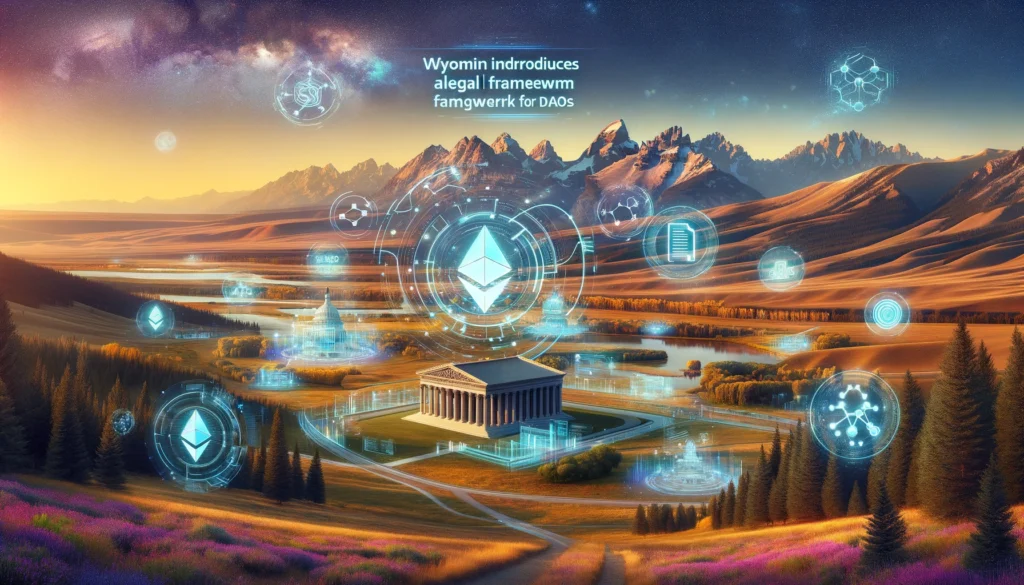Wyoming has broadened its legal infrastructure for DAOs, introducing a new status for nonprofit organizations. Andreessen Horowitz (a16z) has expressed its support for this move, suggesting it will prompt DAOs linked to them to establish their presence in the state. The state has crafted a specialized legal framework for decentralized autonomous organizations (DAO) nonprofits, earning the state praise from the crypto investment powerhouse a16z as an “oasis.”
Governor Mark Gordon ratified a bill into law, enhancing Wyoming’s legislative environment for DAOs, previously recognized as limited-liability corporations. Now, DAOs have the opportunity to be recognized as unincorporated nonprofit associations. According to Miles Jennings, general counsel at a16z Crypto, this development is a “major breakthrough,” offering essential protections to these groups and fostering the maintenance of open blockchain networks, as detailed in a recent blog post.
The new status as “decentralized unincorporated nonprofit associations” (DUNAs) aims to assist in the stewardship of blockchain by ensuring openness, non-discriminatory practices, and fair value distribution, argues Jennings. The DUNA status addresses three primary challenges for DAOs: legal recognition enabling contracts and court appearances, tax obligations, and limited liability for members’ actions, as outlined by Jennings and David Kerr on the firm’s website. A16z has announced plans to guide its associated DAOs towards adopting this legal framework and will focus its future investments on entities pursuing this legal avenue.
Wyoming stands out among U.S. states for its welcoming stance towards cryptocurrency enterprises, pioneering in its licensing efforts. Furthermore, Wyoming’s Senator Cynthia Lummis (R-Wyo.) has been active in pushing for cryptocurrency regulation at the national level. This includes her recent involvement in drafting legislation that would establish guidelines for stablecoin issuers. Even with defined priorities for regulatory enforcement, federal authorities, such as the U.S. Commodity Futures Trading Commission, have pursued actions against decentralized autonomous organizations (DAOs), exemplified by the action taken against Ooki DAO.
